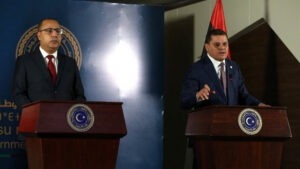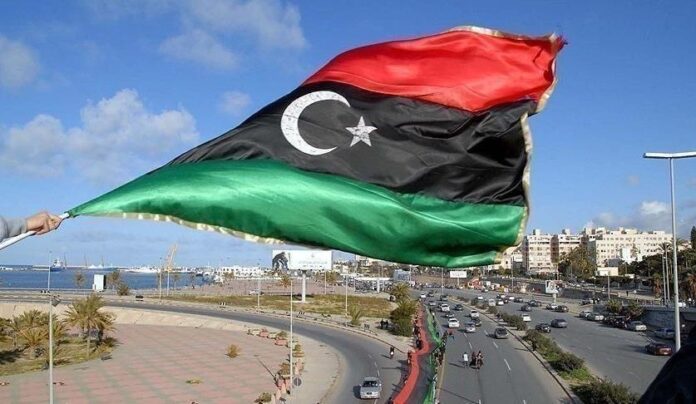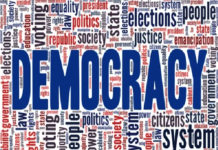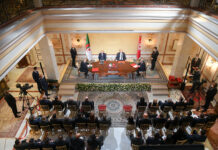May 27, 2021
Tunisians and Libyans can only be happy with the prospects for bilateral cooperation that will be officially put in place on the menu of the new agreements signed in recent days in Tripoli.
In other words, between Tunisia and Libya, a new page has just opened with many promises and encouraging horizons for both countries. However, some measures announced by the government must be discussed with all components of civil society because they are already giving rise to legitimate and logical apprehensions and fears.
Encouraging Horizons
It was Qaïes Saïed, the President of the Republic, who set the tone for the resumption of large-scale cooperation. He was the first head of state to visit Libya after the installation of the new transitional government headed by Abdelhamid Dbeibah. Saïed evoked, during this visit, an “establishment of new visions which strengthen the existing cooperation links between Tunisia and Libya, and a global solidarity which responds to the legitimate aspirations of the two brother peoples for stability and development”.

In its wake, the last visit of Hishem Meshishi, the head of government, to Tripoli with a very large delegation of businessmen opened up many horizons to bilateral cooperation, but this determination to share everything with the Libyan side risks creating certain problems and this subject deserves to be carefully debated here.
However, this is indeed a strengthening of economic ties between two countries, two peoples and two governments and no party should be harmed by this rapprochement. Of course, Tunisia, with its current increasingly dramatic economic situation with serious repercussions on the management of the pandemic and on the social climate, needs to undertake such privileged relations with the Libyan neighbor capable of reviving economic activity and restore hope to a people who no longer want radical solutions of excessive debt, but it will be necessary to take into account several factors that risk making this historical rapprochement a source of unforeseen evils.
The agreement covers the areas of transport (land, sea and air), cross-border trade and the free movement of people. According to the new Libyan Prime Minister Abdelhamid Dbeibah, joint commissions will also be set up to establish common plans for cooperation in these sectors. Likewise, the new Libyan authorities have announced that they will assist Tunis in managing the Covid-19 pandemic.
Cooperation Agreement and not Begging
All of this is good, if not very important for both countries. However, the way in which the Tunisian delegation used during these talks leaves something to be desired. To see the Tunisians talking about these agreements and promising mountains and wonders to Libyans visiting Tunisia or those who already reside there, one has the impression that all this team sent to Libya has attached themselves to the same negotiation menu with outstretched hands and promises that go beyond the government’s sole will.
When we talk about the permission for Libyans to acquire real estate in Tunisia with the same rights granted to Tunisians, we risk creating justified uneasiness and fears, because treating our neighbors, who arrive with fortunes, in the same way that our citizens with average incomes, not to say low, is part of the nonsense and risks seeing the prices of the real estate market, already unfairly expensive, to skyrocket even more and the acquisition of a simple apartment in Tunisia risks becoming an impossible mission for Tunisians while it is child’s play for Libyan millionaires.
Follow the Egyptian Example
It is for this reason that the Tunisian delegation should have dealt with more relevance and less spirit of begging which seems, unfortunately, to seize the Tunisian officials in matters of the economy since they have become accustomed to reaching out and awaiting alms from other partners.
It should be remembered that Egypt has just signed numerous agreements with the new political leadership in Libya, without making more or less embarrassing concessions.
Will we be able to rectify the situation when implementing the agreements revealed in Tripoli?
We will see because with such a government, used to doing things on the sly, new mistakes cannot be ruled out. A week ago, the Tunisian delegation, which left to discuss in Washington the modalities of acquiring new IMF aid, presented a program of pledges conceived only by the government and which has proved “difficult to swallow” for the different components of civil society.
A priori, the lesson does not seem to have been learned…!











